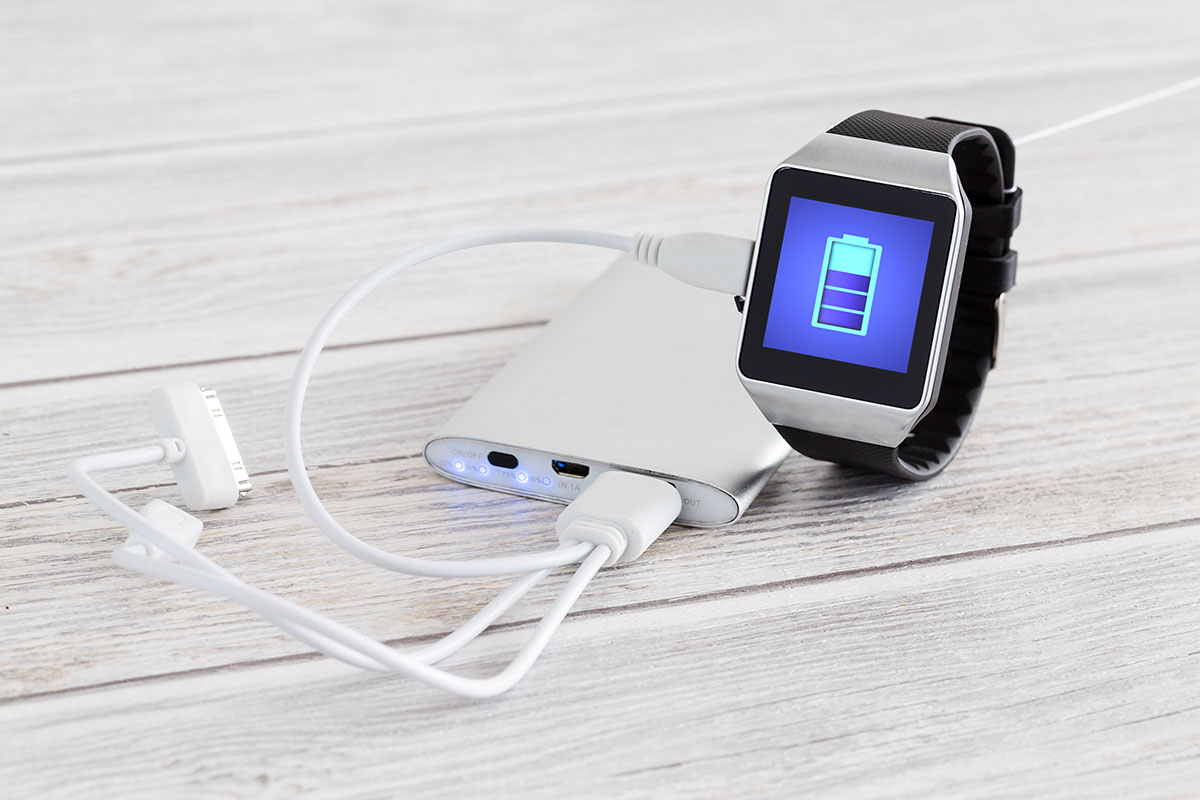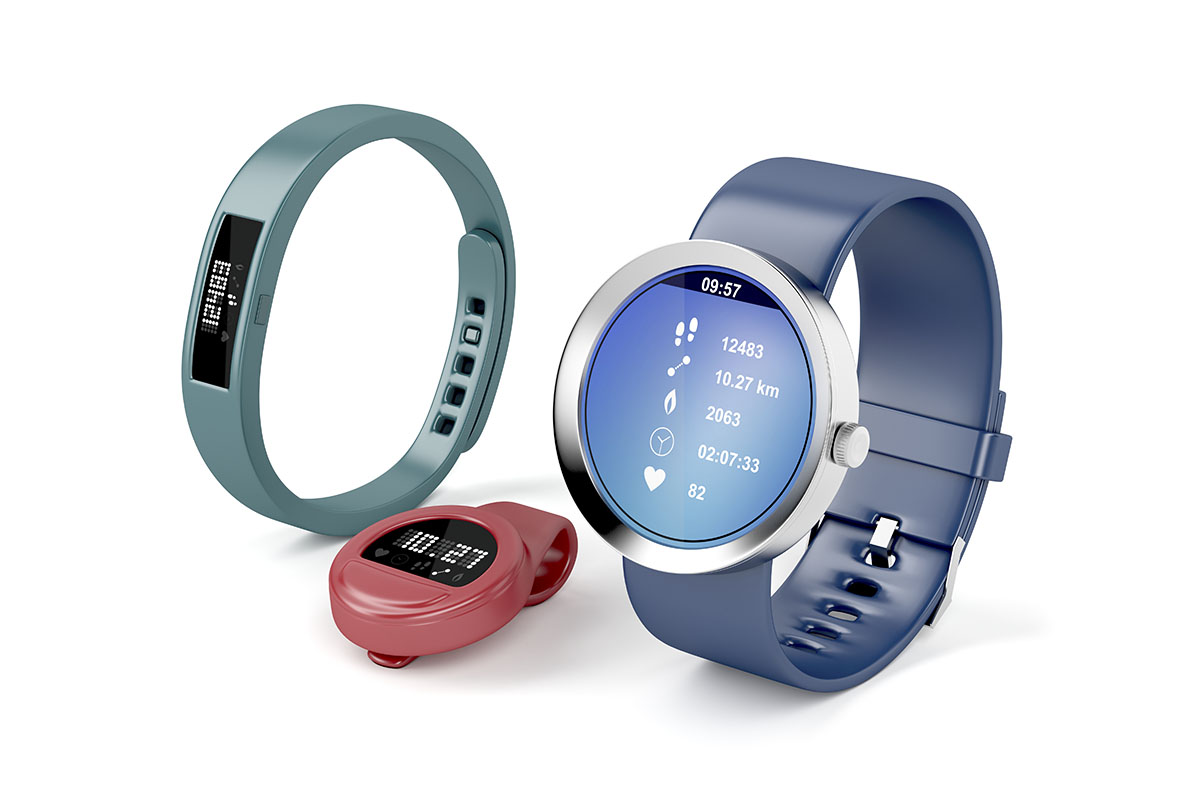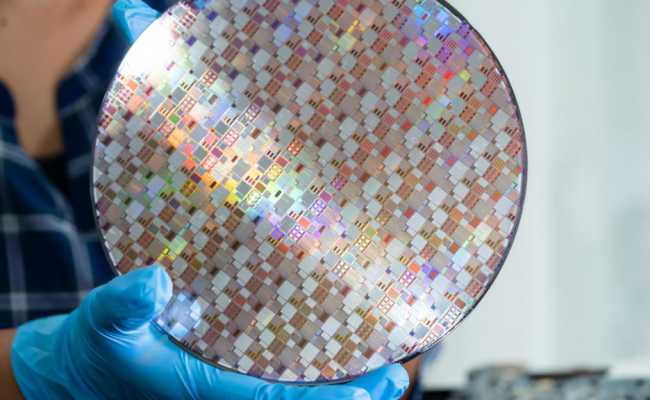As wearable devices become more widespread and Internet-of-Things (IoT) capability becomes expected by consumers, the need for ultra-low power is more important than ever. By leveraging ultra-low power solutions such as ultra-low-power processors, manufacturers can create more sustainable and more intelligent edge devices to meet consumers’ demands. Here are some of the significant benefits that ultra-low-power wearables offer consumers, manufacturers, and our environment.
Consumer Benefits
For wearable users, the advantages of a device running on ultra-low power are obvious. By consuming far less energy, battery-powered edge devices can be worn for much longer without recharging. All types of IoT wearables, whether they are smartwatches, fitness bands, predictive health devices, or even animal trackers, provide a better user experience with longer battery life. With ultra-low power electronics, you can go weeks or even months without needing to recharge. More, given low power, manufacturers can enable consumers to use smaller batteries, allowing for thinner form factors and sleeker design.

There are many inherent disadvantages if you need to recharge your smartwatch daily. First, it’s very common among users to accidentally forget plugging the device for charging before going to bed, which renders the device lifeless in the morning. Second, when your smartwatch is plugged in to recharge its battery, it’s not on your body monitoring vital data. As a result, it will be more difficult for the device to identify trends and generate health insights. However, if your smartwatch can operate for days, weeks, or even months without needing to recharge, it can continuously monitor your biometric data and alert you to any potential concerns.
Manufacturer Benefits

Many consumers are picky about appearances, especially for products they will wear on their person. Manufacturers often minimize the form factor for a sleek and slim design which inadvertently sacrificing the battery size. Because consumers don’t want a massive battery in their smartwatch or fitness tracker, manufacturers had to compromise with smaller batteries that wielded less power. However, with the emergence of technologies like ultra-low-power microprocessors, wearable manufacturers can win over consumers with devices that are both fashionable and massively energy efficient.
Ultra-low-power technologies allow manufacturers to create more intelligent devices with advanced heart rate sensing and stress monitoring capabilities. For these functions to work as intended, they must always be on. But without ultra-low power MCUs, always-on sensors for smart accessories could drain the battery life within minutes. What’s more, many devices have near-constant wireless connections via radio frequency technologies such as Bluetooth, which is impossible without intelligent power management. Finally, with the expectations of always-on capability also comes the need for always-on voice command systems.
Environmental Benefits

With wearable devices playing a more significant role in the way we live, work, and play, it would be negligent to not consider the impact these electronic accessories have on the environment around us. With ultra-low power technologies becoming more available, a new generation of smart wearable devices will be more sustainable and eco-friendlier. More efficient devices equal less energy consumption, which helps reduce CO2 emissions, shrink the overall carbon footprint, and ushers a sustainable lifestyle for a better and safer environment.
As the shift to more sustainable electronics continues, we can look forward to ultra-low power technology components contributing to a lower carbon footprint. Thanks to ongoing innovation, wearable devices will continue to shrink and provide around-the-clock connectivity thanks to the Internet-of-Things (IoT). As such, it’s vital for industry leaders to build crucial pieces of technology that will enable solutions that provide the maximum amount of power for the least amount of energy.
How Ambiq Contributes
As a certified Sony Green Partner, Ambiq was founded with the mission to put intelligence everywhere while fostering a cleaner, greener, and safer environment where mobile and portable devices could either reduce or eliminate their total power consumption from batteries. For over a decade, Ambiq has been an industry leader producing reliable and ultra-low-energy components for smart wearable technology.
Built on our patented Sub-threshold Power Optimized Technology (SPOT®) platform, Ambiq’s ultra-low power SoCs extend the processing capability and battery life in smartwatches and advanced wearable accessories. With Ambiq’s Apollo Series, smart wearables can last for weeks, months, or even years on a single charge.
Recently, Ambiq won the “IoT Semiconductor Company of the Year” Award in the 2021 IoT Breakthrough Awards Program. With an abundance of ultra-low power SoCs, and Real-time Clocks (RTC), Ambiq enables new possibilities in IoT edge devices. Check out Ambiq’s modern solutions for more details.

